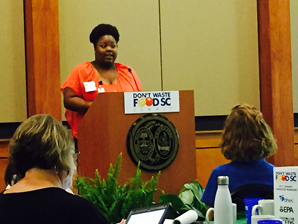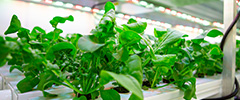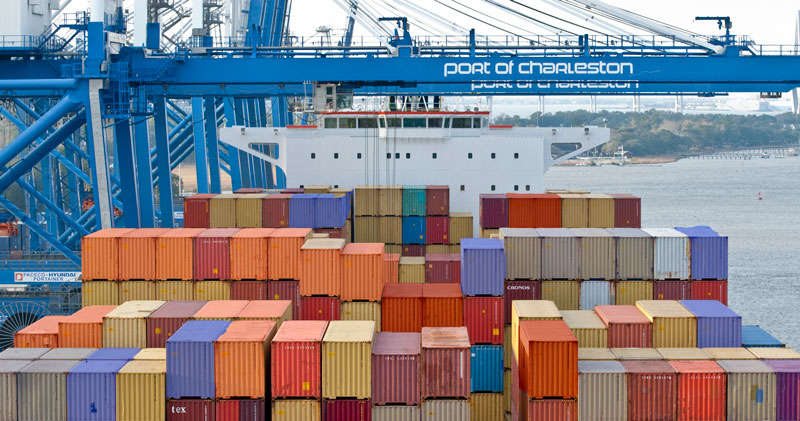 Last week, stakeholders and participants in South Carolina’s Don’t Waste Food S.C. campaign gathered in Columbia, S.C. for the 2017 Don’t Waste Food S.C. Summit, celebrating the initiative’s one-year anniversary and discussing its future. Including presentations from End Child Hunger S.C., Food Lion, Harvest Hope Food Bank, the S.C. Department of Education and more, the event was a great example of the public-private collaboration that has helped the Palmetto State excel in its sustainability practices.
Last week, stakeholders and participants in South Carolina’s Don’t Waste Food S.C. campaign gathered in Columbia, S.C. for the 2017 Don’t Waste Food S.C. Summit, celebrating the initiative’s one-year anniversary and discussing its future. Including presentations from End Child Hunger S.C., Food Lion, Harvest Hope Food Bank, the S.C. Department of Education and more, the event was a great example of the public-private collaboration that has helped the Palmetto State excel in its sustainability practices.
“South Carolina has been a leader in food waste diversion, convening diverse stakeholders to achieve real results,” said Carol Monell, deputy director of the U.S. Environmental Protection Agency’s Resource Conservation and Restoration Division.
A critical component to the success of Don’t Waste Food S.C. is the state’s business community. Pat Taft, community relations manager for Food Lion, which donated more than 120 million meals in 2016, addressed summit attendees on the importance of total corporate buy-in.
“In a corporate environment, sustainability has to be tied to your strategic plan, to staff bonuses and to profit sharing,” said Taft.
Moving forward, as the State of South Carolina works to cut its food waste in half by 2030 and reach its goal to recycle 40 percent of municipal solid waste by 2020, a system has been implemented to encourage businesses to report their recycling activity. Promoted at last week’s summit, the S.C. Smart Business Recycling Program offers an online reporting system that is free and confidential.
Click here to access this web-based data management system, provided by the S.C. Department of Health and Environmental Control, and help Team South Carolina build a more sustainable future.
Stay Ahead with SC’s Industry News
Enter your email to receive our newsletter to stay up to date with the latest news.















